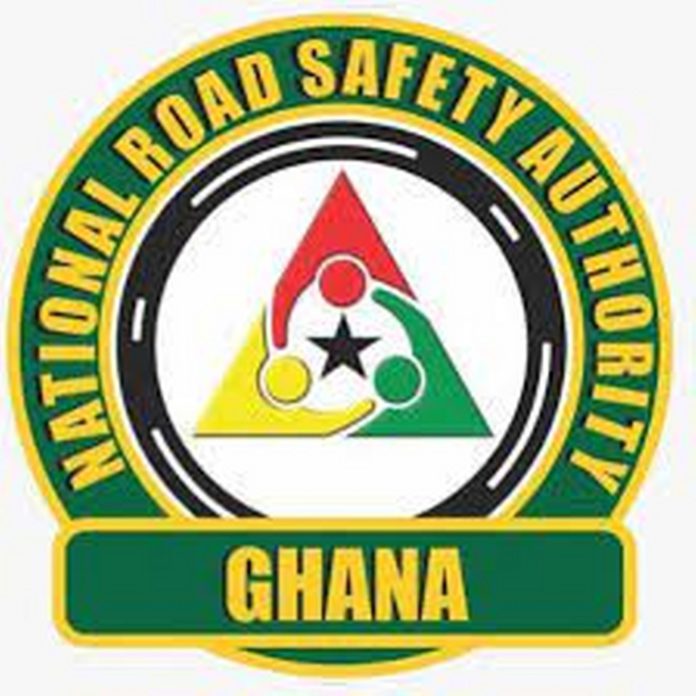Election periods record high number of deaths from road crashes in the country as a result of the disregard for road traffic regulations and other best practices, data from the National Road Safety Authority (NRSA) has indicated.
For instance, in 2016, 44 people died in 100 crashes involving 157 vehicles during the election period in December, representing a 15.6 per cent increase over the same period in 2015.
Likewise, in 2020, 44 persons died while 169 sustained injuries in 155 crashes recorded, an increase of 21.9 per cent over the previous year.
The statistics further showed that since 2000, all but one election year recorded higher crashes, injuries and deaths as compared to previous and ensuing years.
In 2004, the deaths increased by 27.4 per cent as compared to 2003; in 2008, it decreased by 5.1 per cent compared to 2007; while in 2012, it increased by 1.9 per cent.
The Director-General of the NRSA, David Osafo Adonteng, was speaking at an election stakeholder meeting organised by the authority in Accra on Thursday.

It was attended by political parties, the Electoral Commission (EC), the Motor Traffic and Transport Department (MTTD), and other stakeholders who brainstormed on measures to help curb election-related deaths.
The parties included the New Patriotic Party (NPP), the National Democratic Congress (NDC), the Convention Peoples Party (CPP), the People’s National Convention (PNC) and the Ghana Freedom Party (GFP).
Code of practice
Mr Adonteng, therefore, urged political parties to mainstream a road safety code of practice developed by the authority in their election campaign strategies to help reduce deaths.
He also asked them to designate persons who were knowledgeable in road safety management to coordinate their transport arrangements during electioneering.
The code also requires designated persons within the leadership of political parties to ensure that all vehicles were in good condition before they were allowed to be on the road, including ensuring that only professionally qualified drivers handle roadworthy vehicles.
Traffic regulations
Mr Adonteng further attributed the high carnage on the roads at the heat of elections to the tendency of political actors to defy road traffic regulations such as speeding and overloading of vehicles with their supporters.
“During elections, the focus is on how to get the numbers to win, so people are moved from one location to another for campaigns and most of the times, they throw caution to the wind by overloading vehicles,” he added.
“The politicians also travel deep into the night, even to the next day with their drivers becoming so tired and sometimes doze off, leading to road crashes.
“What the politicians need to know is that winning elections is about numbers and if you lose a life, you will lose a vote and jeopardise your chances of winning the election,” the CEO added.

